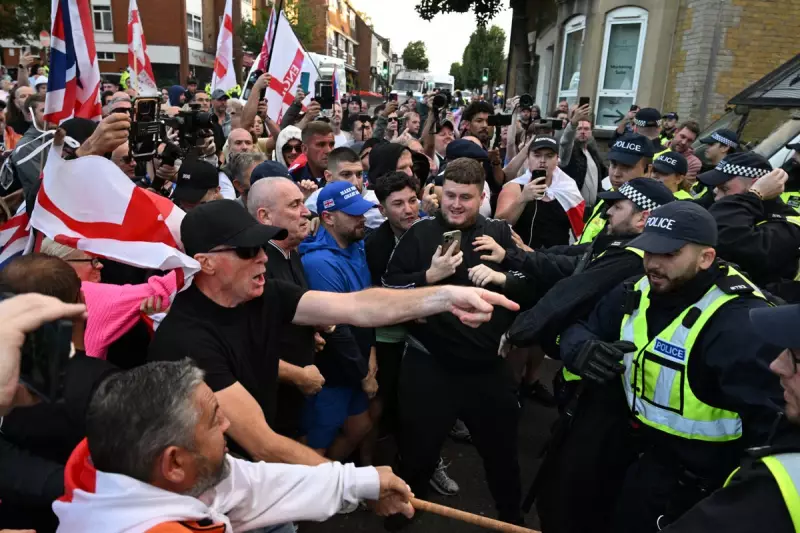
A dramatic showdown on immigration policy unfolded on Sky News last night, as representatives from the UK's major political parties locked horns in a pre-election debate that laid bare the stark divisions on one of Britain's most contentious issues.
The heated exchange saw Labour's Shadow Immigration Minister, Stephen Kinnock, launch a forceful attack on the government's record, branding the controversial Rwanda scheme a "costly failure" and vowing to scrap it immediately if his party wins power.
Labour's Alternative Vision
Kinnock outlined Labour's alternative strategy, which centres on a comprehensive reform of the existing points-based immigration system. The party proposes shifting focus towards filling genuine skills shortages in key sectors of the British economy, rather than what they describe as the current government's reliance on low-skilled migration.
"We need an immigration system that works for Britain," Kinnock asserted. "That means cracking down on rogue employers who exploit migrant labour, investing in home-grown skills, and ensuring our system is both fair and firm."
Conservative Defence
Facing sustained criticism, the Conservative representative defended the government's approach, insisting that the Rwanda policy remains a vital deterrent and that overall numbers are now falling. They pointed to recent statistics and argued that their plan is starting to yield results, urging voters not to return to what they termed "Labour's open-door approach."
The debate quickly expanded beyond the Rwanda scheme, delving into net migration figures, asylum backlog clearance, and the long-term economic impact of immigration policies.
Beyond the Main Parties
The discussion was not limited to the two largest parties. A spokesperson for the Scottish National Party (SNP) criticised both Labour and the Conservatives, advocating for a more compassionate approach and greater devolution of immigration powers to Scotland to address its specific demographic needs.
The Reform UK party representative argued for a significantly tougher stance, calling for a near-total freeze on immigration to allow for full integration and to relieve pressure on public services.
This televised clash underscores the critical role immigration will play in the upcoming general election campaign, with each party hoping their distinct message will resonate with voters across the United Kingdom.





